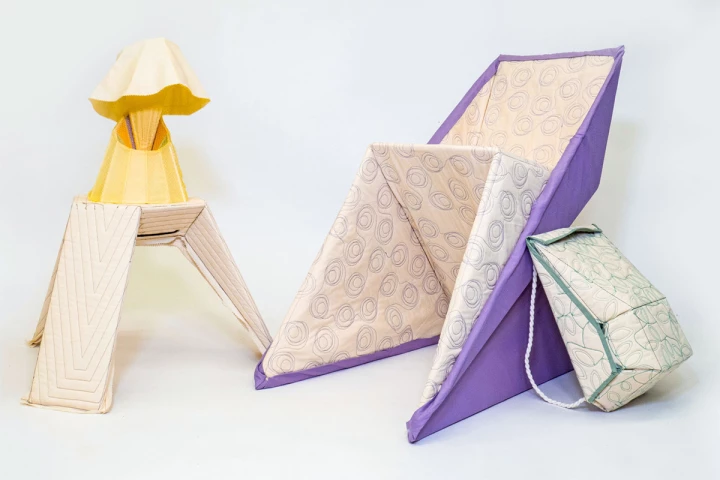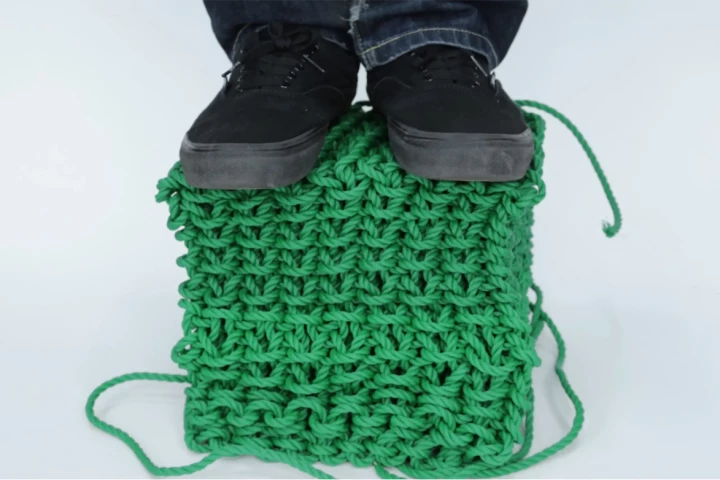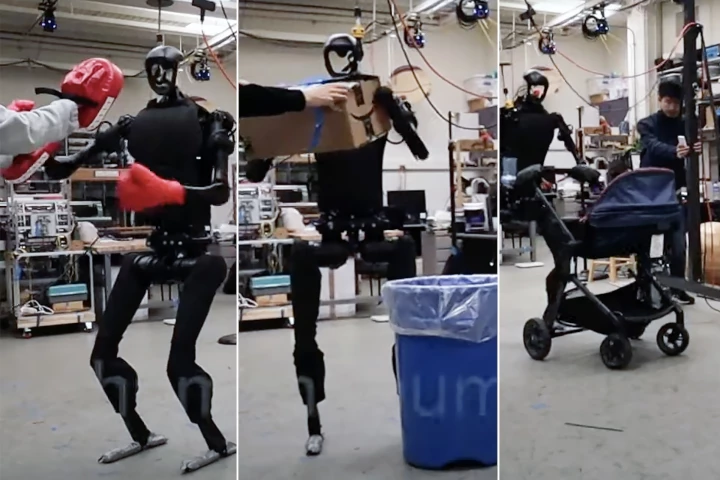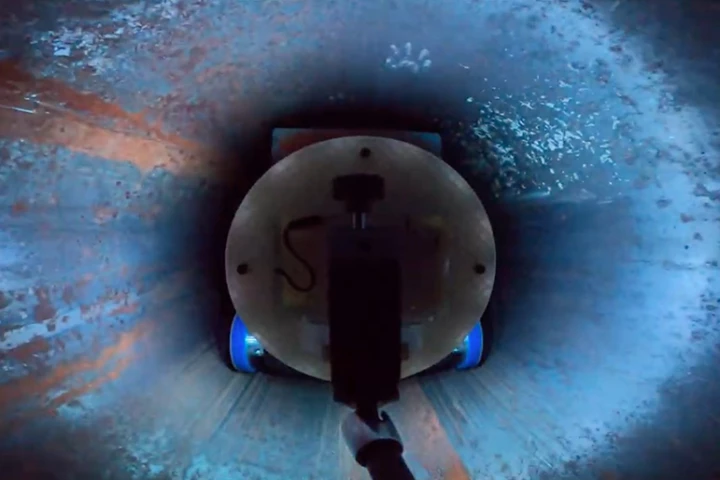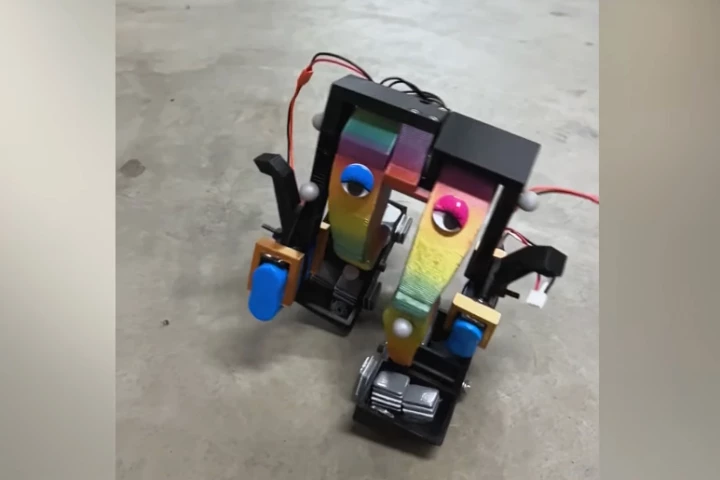Carnegie Mellon University
-
Unlike TARS in the movie, TARS3D doesn’t need human puppeteers to move. Its biotranscending morphology delivers “multiple previously unexplored locomotion modes,” and further exploration offers a “promising pathway for multimodal robotics”
-
Using Google might spark your creativity, or it might stifle it, but this depends on the circumstances, according to a new study. We know the internet isn’t going anywhere, but we may need to hold on to our humanity to use technology more effectively.
-
Researchers at Carnegie Mellon University have developed a way to produce flat-pack furniture using a robotic quilting machine, which folds from lightweight cloth-covered panels into functional pieces for your home.
-
In the real world, you wouldn't want to carry a controller all the time, or have menus popping up in front of your face – so why put up with those things in VR worlds? With EgoTouch you don't have to, as it puts an interface on the palm of your hand.
-
Whether we've watched athletes do it or experienced it ourselves, 'choking' in a high-stakes moment comes down to more than composure. For the first time, scientists have uncovered a set of neurons that fail to do their job when the payoff is greatest.
-
A new materials technique that takes cues from Grandma's yarn bag and cutting-edge tech has the potential to automatically build whole furniture sets – and the fabric that covers them. Then, they can be unraveled to use again in a totally different way.
-
Scientists have created a four-legged bio-inspired robot that climbs like no other. It clings to rough vertical surfaces utilizing a unique mechanism that is highly effective, yet at the same time relatively simple.
-
The Moonwalker robo-shoes from Shift Robotics have now officially hit the market and at $1,400 they present as a legitimate, low-cost, no-maintenance, easily-carried, last-mile transportation solution.
-
Researchers have developed a reinforcement learning-based framework that allows a full-sized humanoid robot to be teleoperated by a human in real-time using only an RGB camera. Which begs the question: Will manual labor soon be performed remotely?
-
Ordinarily, when there's a leak in an underground natural gas pipeline, the affected section of pipe has to be excavated and replaced. Soon, however, a pipe-inspecting and -repairing modular robot may make doing so unnecessary.
-
Walking bipedal robots excel at tasks such as traversing uneven terrain, but because they're so mechanically complex, they can't be made very small. That could soon change, however, thanks to the development of the Mugatu robot.
-
Pleurocystitid was a marine organism that existed almost 450 million years ago, long before the first dinosaurs. Scientists have now built a soft-bodied robotic replica of it, which could inspire new methods of locomotion for future robots.
Load More


